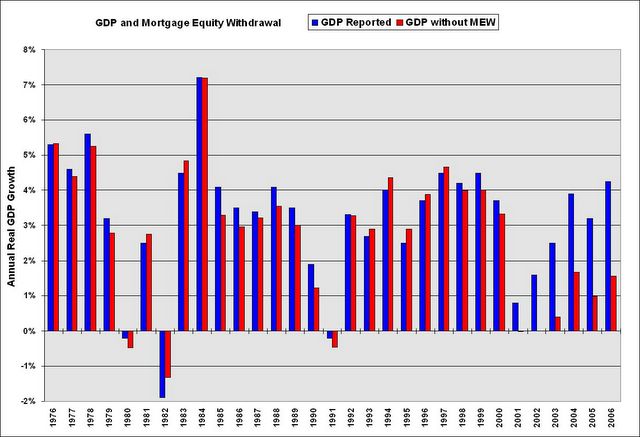So, the San Jose Sharks just got bounced out of the playoffs in the first round, to the #8 seed Ducks, after compiling the best regular season record of any team in the NHL. I think that this poor performance was specifically a matchup issue; during six or seven games in the regular season, the Sharks and Ducks scored an equal number of goals, suggesting that while the Sharks were good against most teams, they did not enjoy that much of an advantage against this specific team.
I've never really liked playoffs. I understand that they keep things interesting at the end of the season for most fans, and thus they're a necessity for ticket and TV revenue (and as Bill Simmons points out at the end of
this article, the NHL needs money badly). But they diminish the importance of the regular season and undercut the accomplishments of the team that played the best over the course of the season. Furthermore, most sports don't take efforts to favor the top teams - the bracket is set at the beginning of the playoffs and never re-set. Hockey deserves plaudits; the top seeded team remaining in every round faces off against the lowest seeded team remaining in the tournament.
Again, sports leagues in the US could do well to emulate their European counterparts. European leagues strike an excellent balance between rewarding the top teams and keeping things interesting for fans. The top 20 teams in England play a round robin series of 38 games, and at the end of the league season the first placed team is the champion. The league championship is the most coveted prize for every fan and every team, and comes with prize money and automatic entrance into the European Championship in the following year. There are multiple "prizes" available for teams out of the running for first place - the next three teams also make the European Championship, the next two teams after them qualify for a lesser continental tournament, and the worst three teams in the league are sent down to the lower divisions. Really, how exciting is that! If the Lions, the Knicks and the Pirates faced demotion every season, how much faster do you think the dysfunctional parts of the organization would be tossed out? Everyone has an incentive to play hard through the end, and owners have to spend money on their teams or risk relegation. Still, if you're between 14th and 8th, there's not much excitement. That's where the second great part of English soccer kicks in.
The playoff atmosphere in England is created by the FA Cup, which is the second-best trophy to win. Everyone, from college teams to semi-pro to the Premiership teams, faces off in one giant bracket, sort of like the Indiana high school basketball championship. Furthermore, after every round the matchups are drawn out of a giant pot just like the lottery, so such oddities occur as the two best teams facing off in the first round, or non-league (roughly, the 100th best team and below) teams
hosting teams in the Premier League. There are vagaries and more vagaries and matches are rarely uncompetitive.
In sum, the European league system is vastly superior because they set up parallel trophies: one to reward the best overall team, and one to reward the winner-take-all, luck-driven playoff system. In the US, not every team makes it to the playoffs, and the best team doesn't win a trophy every time. Winning the league doesn't matter so much as getting hot at the end of the season, as the Ducks were in six games this past week.
Liked what you read? I am available for hire.
 Take a look at this article from the NYT. There are hyperlinks all over it, and not just the usual ones linking to related stories at the NYT - they're links to stories and background from all over the Internet, including Bloomberg.com, the CDC, and others.
I must admit I'm surprised, but this is a good thing for readers; it enhances a reader's knowledge of the full story, and allows the author to stuff digressions and sources in the links. One advantage of Web/Kindle reading over print is that the Internet allows for placement of footnotes in the actual text, as hyperlinks (you can also do this in a Microsoft Word document, but I haven't seen many people take advantage of this). David Foster Wallace would have loved it.
Take a look at this article from the NYT. There are hyperlinks all over it, and not just the usual ones linking to related stories at the NYT - they're links to stories and background from all over the Internet, including Bloomberg.com, the CDC, and others.
I must admit I'm surprised, but this is a good thing for readers; it enhances a reader's knowledge of the full story, and allows the author to stuff digressions and sources in the links. One advantage of Web/Kindle reading over print is that the Internet allows for placement of footnotes in the actual text, as hyperlinks (you can also do this in a Microsoft Word document, but I haven't seen many people take advantage of this). David Foster Wallace would have loved it.  Zero growth in 2001 and 2002 and slow (under 2%) in each year of 2003-2006. H/t
Zero growth in 2001 and 2002 and slow (under 2%) in each year of 2003-2006. H/t 